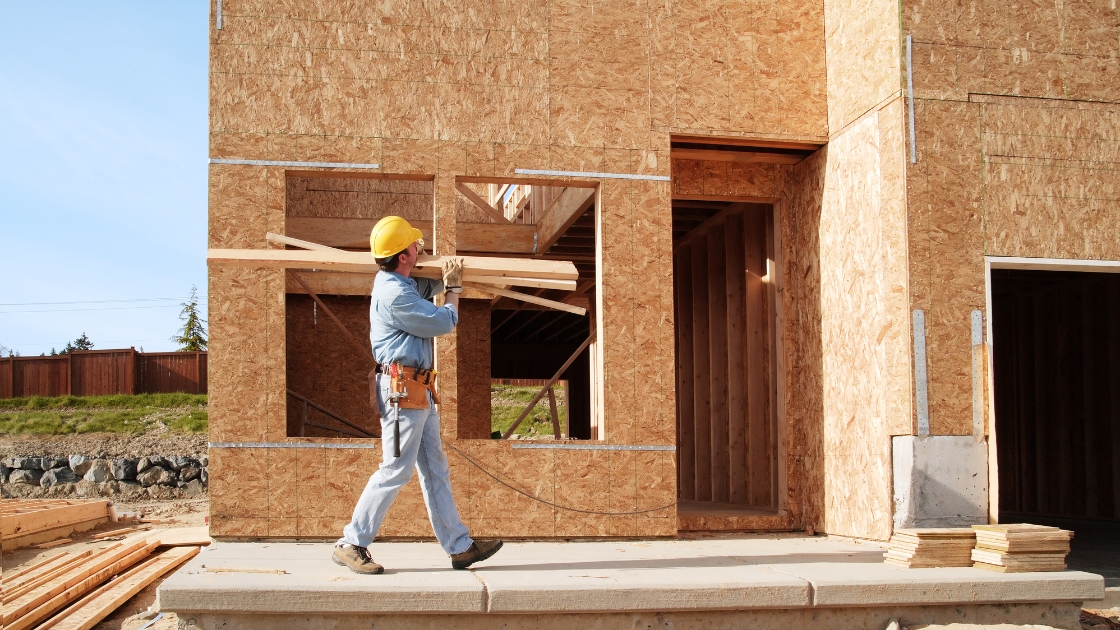Bridge loans are temporary financing loans, typically used to purchase homes or cover immediate costs, until a long-term financing is available. They are fast, more accommodating, and require fewer documents as they are secured loans by nature. You can secure Bridge Loans from your traditional banks through a Credit Line or a Personal Loan. Bridge Loans that are, however, secured by a property or collateral are considered Hard Money Bridge Loans.
Who are Bridge Loans For?
If you are a real estate investor, bridge loans give you the competitive edge for high potential deals where there are many interested investors. Homeowners can also use this type of loan when they want to borrow against their existing home to purchase and move to a new one. The bridge loans are convenient for downpayment and rehab of a new property. Homeowners do not have to sell their house before their transfer to a new one.
When is a Bridge Loan Used?
Here are some scenarios where a bridge loan can be used:
- Homeowners who are short on funds but want to transfer to a new house can apply for a bridge loan on their current real estate to finance the acquisition of a new property. The sale of the first property will pay off the bridge loan and can also cover the costs incurred in the new property purchase.
- In a real estate market favoring sellers, putting a substantial downpayment on a property will help you secure a real estate deal. A bridge loan will provide the necessary funds to do this.
- Beginners in House Flipping and Rental Property Investments can also benefit from bridge loans. They can use their current properties as collateral in securing funds for a real estate deal.
- Businesses can also benefit from bridge loans. They can utilize these short-term loans for immediate expenses before long-term funding is available or before expected funds from sales revenues are on hand.
Where to Apply for a Bridge Loan
As we’ve mentioned earlier, both traditional banks and hard money lenders may offer bridge loans. Traditional lenders, however, have layers of processes that can sometimes defeat the purpose of a fast approval and fund disbursement.
On the other hand, hard money bridge loans are perfect for those lacking investor capital who resolve to secure a deal as fast as possible. Typically, in a hard money bridge loan, an investor secures a loan against his existing property to fund a real estate deal with a high profitability potential. Because they are short-term loans and have high-interest rates, it is wise for you to incorporate an exit strategy plan to pay off the bridge loan.
Details of A Hard Money Bridge Loan
Hard Money Lenders may differ in how they process bridge loans and the terms and conditions they apply to the loans they approve. However, here are some general bridge loan properties you can consider.
- The process of obtaining a Hard Money bridge Loan typically lasts a maximum of 15 days only, much less than traditional loans that can take up to about 60 days.
- You do not have to worry about your credit score and debt-to-income ratio because lenders are inclined to evaluate the loan based on your deal and the property you are buying.
- Bridge Loans command higher rates than traditional loans, usually from 8% to 15% per annum.
- Bridge Loans usually let you borrow up to 80% of the appraised value of your current property. Having substantial equity on your property increases your net loan proceeds. It is better if you have no mortgage on it.
- There may also be fees that you will need to pay beforehand to the lender. Usually, an origination fee of 3% to 5% may have to be paid outright, for example.
- You only pay the interests of Hard Money Bridge Loans every month. For instance, if you have a loan of $100,000.00 with an annual interest of 9%, that would translate to interest payments of $750.00 per month. If your loan term is 12 months, you should be ready to pay the principal at the end of that period.
Hard Money Bridge Loan Exit Strategies
Because the nature of bridge loans is high interest and short-term, you must have plans on how to exit from the said loan. Here are some of the ways which you can consider:
- Secure a long-term loan on your current property. Apply for a new loan with a longer-term with your traditional banking institution or other hard money lenders offering longer-term loans.
- Sell the property for a profit, popularly known in the industry as fix-and-flipping. After the property rehab, you can list it on the market to recover the investor capital and other costs incurred. These may include the cost of purchase, rehabbing, and other peripheral expenses you have incurred during the process.
- Secure a new long-term mortgage on your new real estate property. In this case, the new property being newly rehabbed can command better LTV than your current one. You can pay off the bridge loan, and you could end up with extra cash for another investment.
Final Thoughts
A Hard Money Bridge Loan allows you to add to your portfolio of rental properties. A bridge loan helps you minimize investing personal money from your pocket. It is like using other people’s money to help fund your real estate deals. However, a Hard Money Bridge Loan requires you to mortgage property as security.
If you have found a good deal that you want to invest in, talk to us, or send us an email at info@gllholdings.com. If you are looking for loan lenders in Houston, call us, and let us talk about your real estate deal. We offer free consultations with no strings attached. And as fellow investors, we speak your language. Call or visit us now. Coffee is still on the house.


